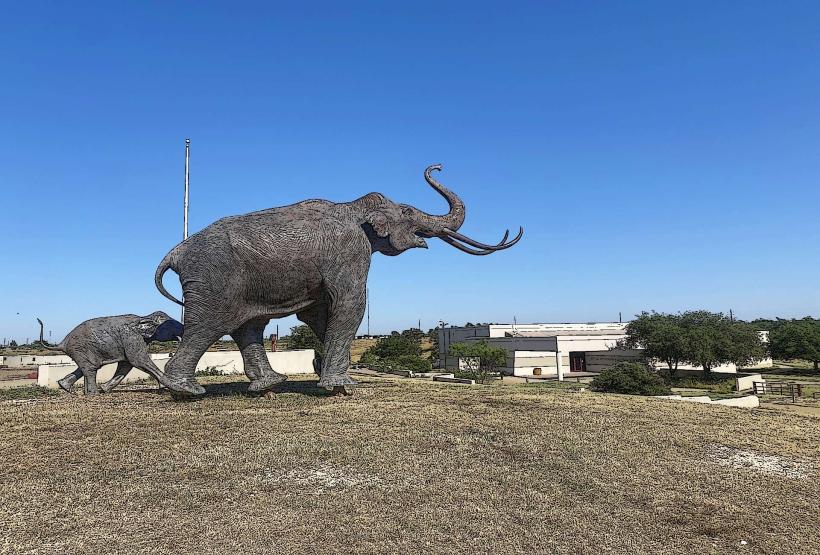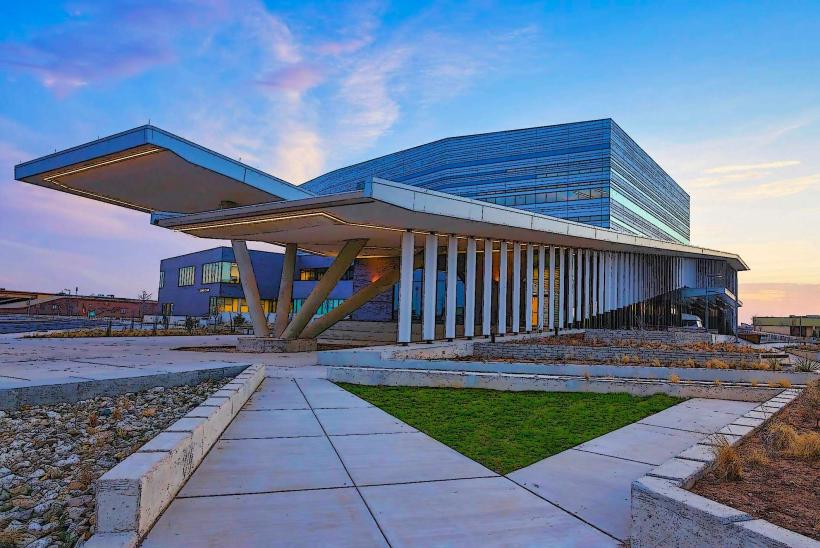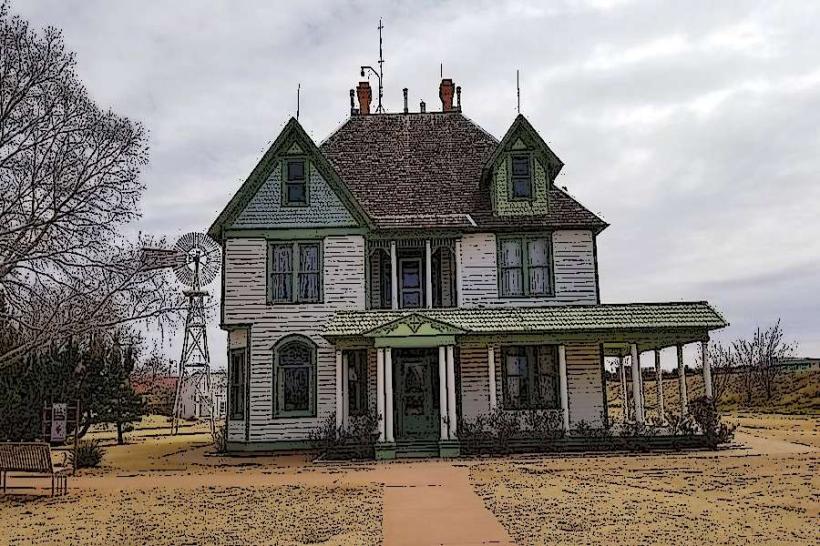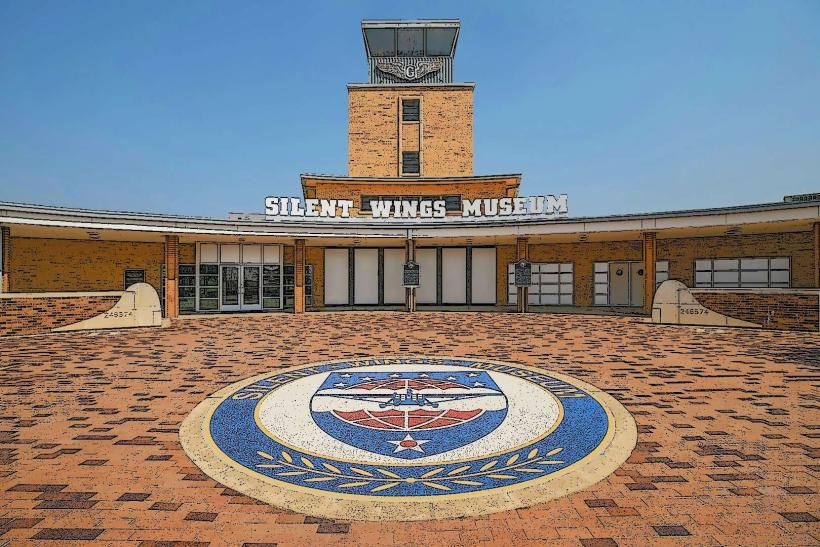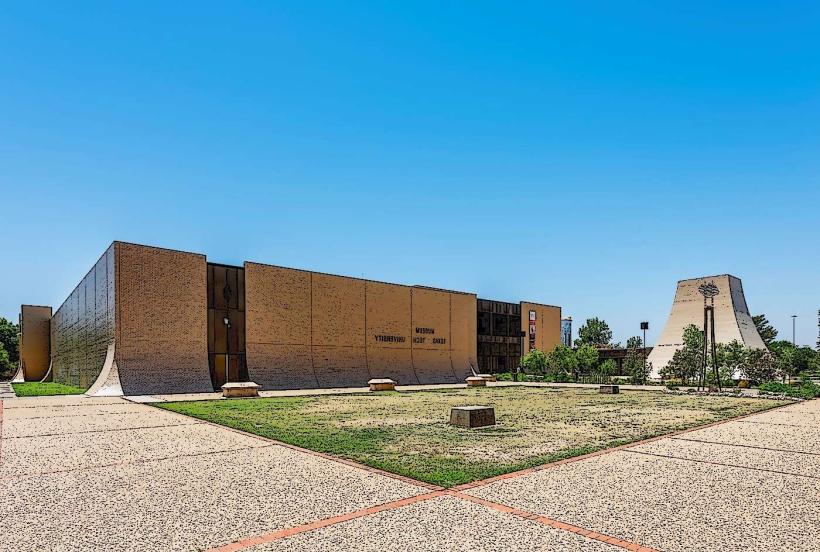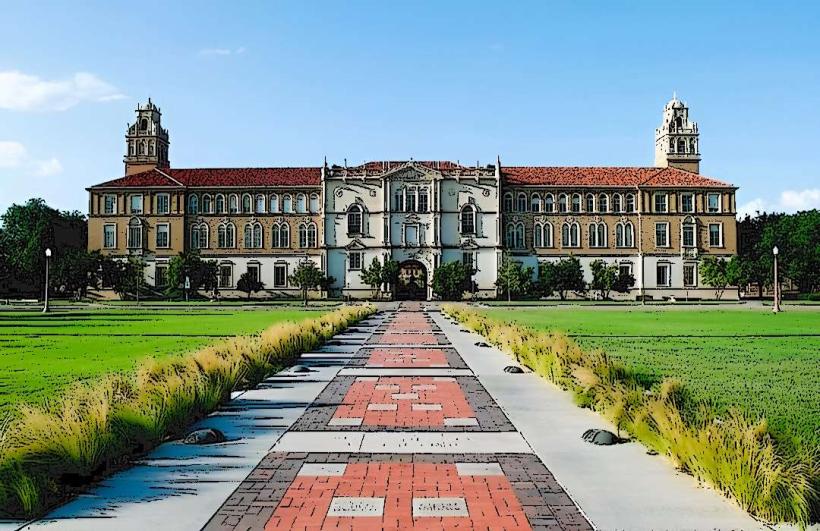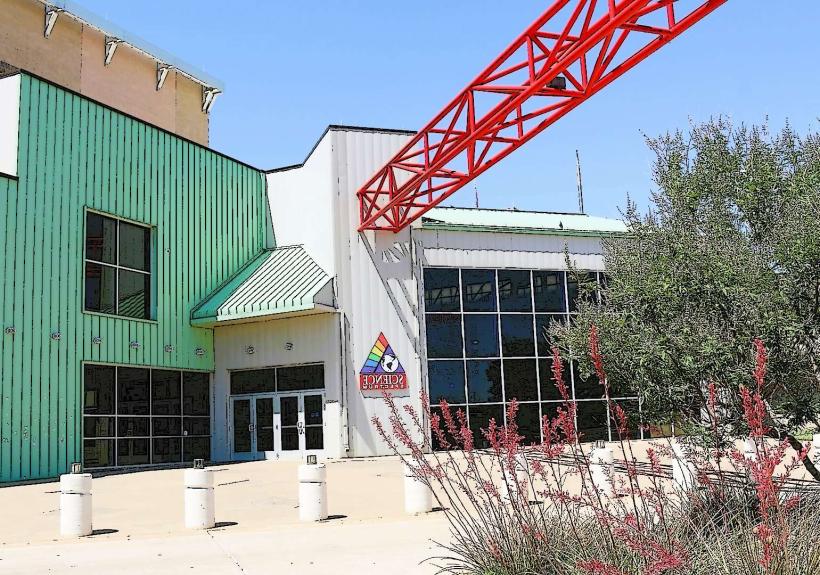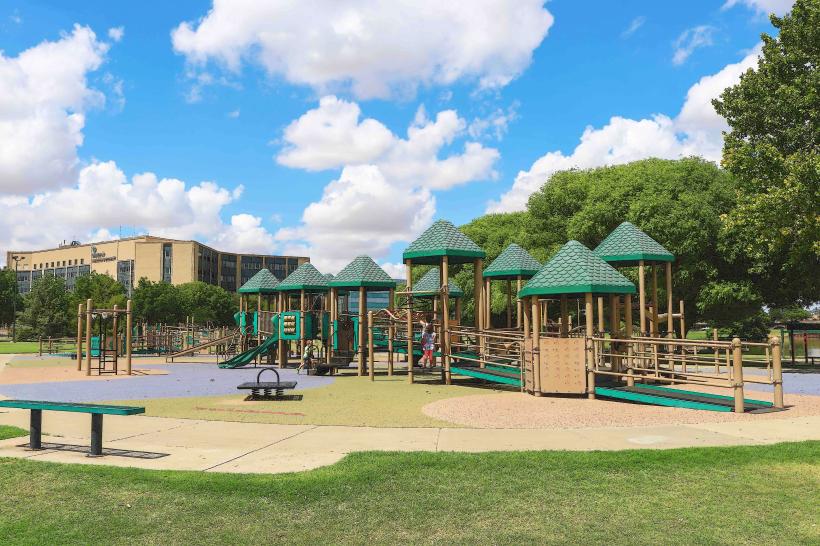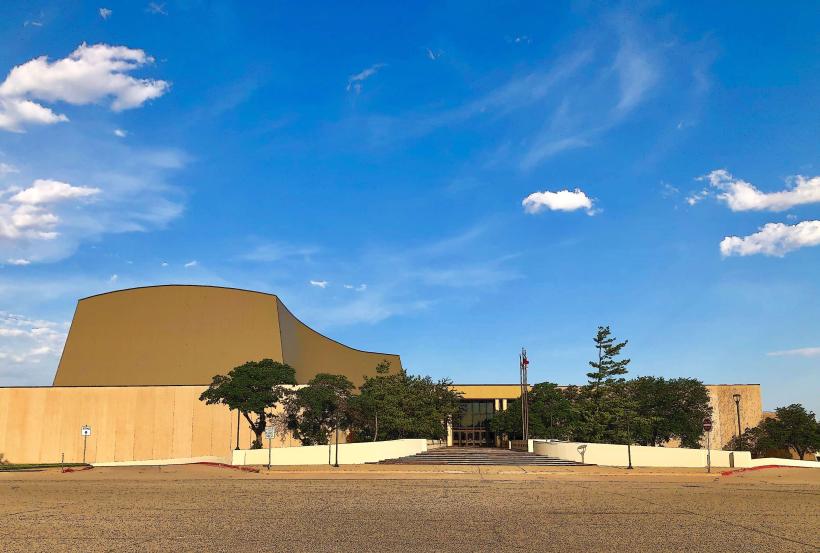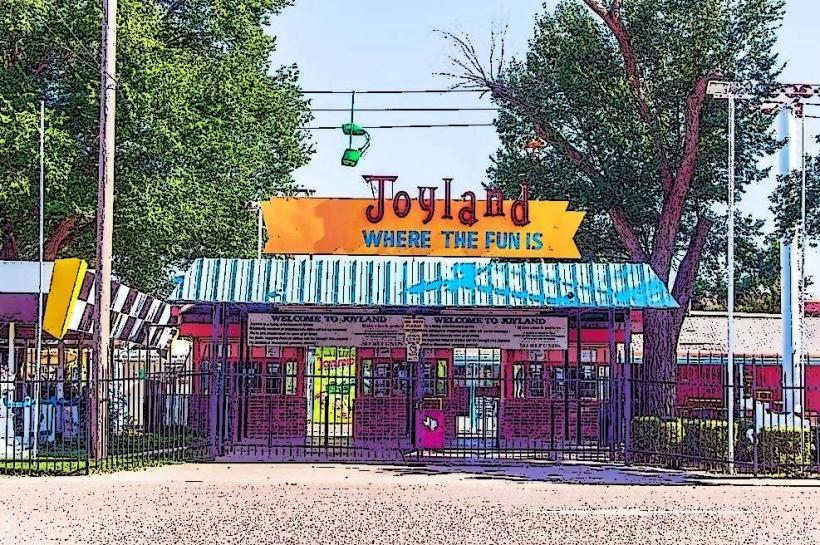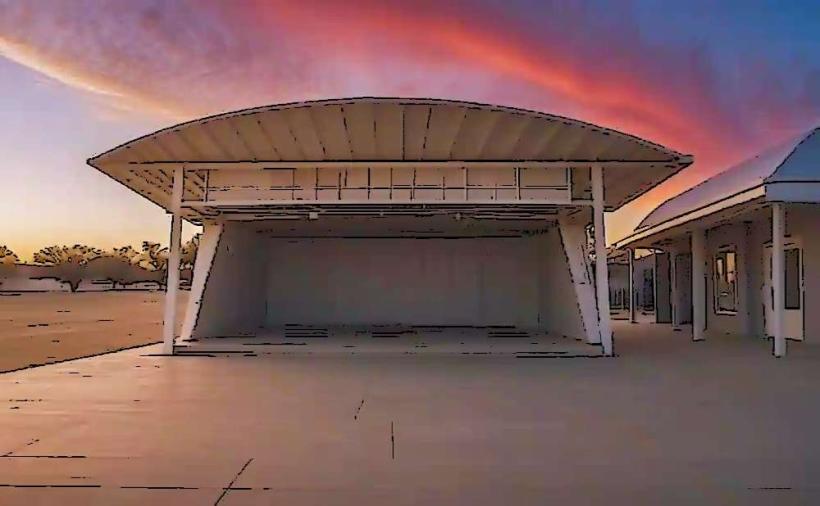Information
Landmark: Bayer Museum of AgricultureCity: Lubbock
Country: USA Texas
Continent: North America
Bayer Museum of Agriculture, Lubbock, USA Texas, North America
Bayer Museum of Agriculture – Detailed Overview
The Bayer Museum of Agriculture is a leading cultural institution in Lubbock, Texas, dedicated to preserving and showcasing the history and evolution of agriculture, particularly in the South Plains region. The museum offers a unique and comprehensive look at the tools, technology, and practices that have shaped farming over the years, highlighting the importance of agriculture to the area’s economy and culture.
Location & Accessibility
Address:
1121 Canyon Lake Drive, Lubbock, TX 79403, USA. The museum is located near Mackenzie Park, a central location in Lubbock, making it easily accessible for visitors.
Hours of Operation:
The museum is open from Tuesday to Saturday from 10:00 AM to 5:00 PM. It is closed on Sundays and Mondays.
Admission:
General Admission: $5 per person.
Family Admission (up to 4 members): $10.
Museum Members: Free admission.
Contact Information:
Phone: (806) 744-3786
History & Background
The Bayer Museum of Agriculture was established to celebrate and preserve the agricultural history of the South Plains region. The museum’s mission is to educate the public about the historical, technological, and cultural significance of agriculture, particularly in the Texas Panhandle and beyond.
The museum’s collection and exhibits have grown over the years, supported by local donations, volunteer efforts, and contributions from agricultural companies. It is named after Bayer CropScience, a global leader in the development of agricultural products, which has helped fund its operations and exhibitions.
Exhibits & Collections
The museum is home to more than 3,500 artifacts across multiple exhibits. The museum’s layout is designed to provide visitors with an immersive experience of the evolution of farming techniques, tools, and machinery.
Alton Brazell Exhibit Hall
This exhibit hall showcases a variety of historic farming equipment, offering a glimpse into the farming practices of the past.
One of the hall’s most notable collections is its pedal tractor display, which is recognized as the largest collection of its kind in the United States.
The hall also features a blacksmith shop from the 1920s, offering insights into the early days of farm tool production.
Central Exhibit Hall
This hall features a number of interactive exhibits, including:
The Cotton Harvesting Experience: A hands-on look at how cotton was harvested over the years.
Crops: Harvesting the Facts: An educational exhibit that teaches visitors about the different crops that have been grown in the region and the impact of agriculture on local economies.
BASF FiberMax Exhibit: A display that dives into the science of cotton farming and the development of fiber technology that has revolutionized the industry.
Outdoor Exhibits
The museum's outdoor displays include working equipment that showcases the evolution of farming techniques:
A pivot irrigation system that demonstrates modern irrigation technology.
A restored crop duster, highlighting the importance of aerial farming techniques.
A 1930s farmstead that offers a historical perspective on rural life during the early days of farming in the region.
Special Exhibits
The museum frequently hosts rotating exhibits that cover a wide range of agricultural topics, from sustainable farming practices to the history of specific crops and technologies.
These temporary exhibits offer visitors a chance to explore contemporary issues in agriculture, as well as a deeper understanding of how the agricultural landscape has evolved over time.
Educational Programs
The Bayer Museum of Agriculture is committed to providing educational opportunities for all ages. It offers several programs aimed at engaging visitors with agricultural history and science.
Self-Guided Tours
Visitors can explore the museum at their own pace during regular operating hours. Interactive displays and informative plaques are strategically placed throughout the museum, allowing visitors to learn independently.
Guided Tours
The museum offers guided tours for those who wish to have a more in-depth understanding of the exhibits. These tours are available by appointment and are offered at a rate of $5 per person.
School Tours
The museum provides school tours at a rate of $2 per student (teachers and bus drivers are admitted free). Tours are designed to align with educational standards and provide students with a hands-on learning experience. Reservations for school tours are required two weeks in advance, and educational materials are provided upon request.
Events & Community Engagement
In addition to its regular exhibits, the Bayer Museum of Agriculture hosts a variety of events throughout the year, encouraging community participation and engagement with agricultural history.
Monthly Family Nights
Family Nights are held on the second Tuesday of every month, featuring interactive activities, crafts, and educational opportunities for families to enjoy together. These events are designed to foster a fun and educational experience for children and their families.
Annual Events
The museum organizes several annual events, such as:
Chili feeds and ice cream socials, bringing the community together to celebrate the harvest season and local traditions.
Barn dances, offering an opportunity for visitors to experience rural cultural practices and music.
Guest speakers and presentations from local agricultural experts who share their knowledge and insights on farming, sustainability, and modern agricultural techniques.
Facility Design
The Bayer Museum of Agriculture was designed with the agricultural theme in mind, ensuring that the building itself complements the exhibits it houses.
The facility, which spans 50,230 square feet, was completed in 2012 and designed by MWM Architects.
The architectural style uses metal panel construction, which reflects the agricultural roots of the region.
The building’s layout is designed to resemble the scattered accumulation of agricultural buildings, capturing the rural landscape typical of the South Plains.
Community Impact
The Bayer Museum of Agriculture has played a significant role in educating both the local community and visitors about the importance of agriculture. Its efforts to preserve the history of farming, particularly in the Texas Panhandle, have made it a valuable resource for local schools, agricultural professionals, and anyone interested in learning more about the region’s agricultural heritage.
By offering hands-on exhibits, educational programs, and community events, the museum has become a cultural cornerstone of Lubbock. It serves as a reminder of the critical role agriculture has played in shaping the region and continues to support the ongoing development of agricultural technologies.
Conclusion
The Bayer Museum of Agriculture offers a comprehensive and educational experience that highlights the significance of agriculture to the South Plains and beyond. Through its vast collection of artifacts, interactive exhibits, and educational programs, the museum brings to life the story of farming in the region. Whether you're a local resident or a visitor, the museum offers a deep dive into the history, technology, and culture of agriculture, making it a must-visit destination for anyone interested in this important aspect of Lubbock's history.

